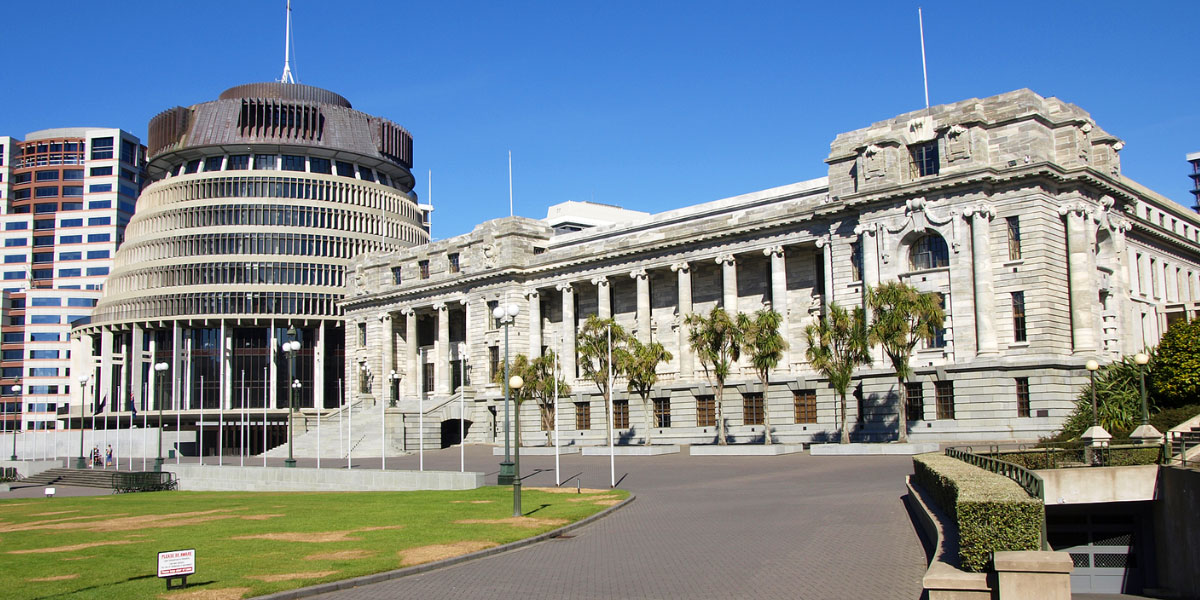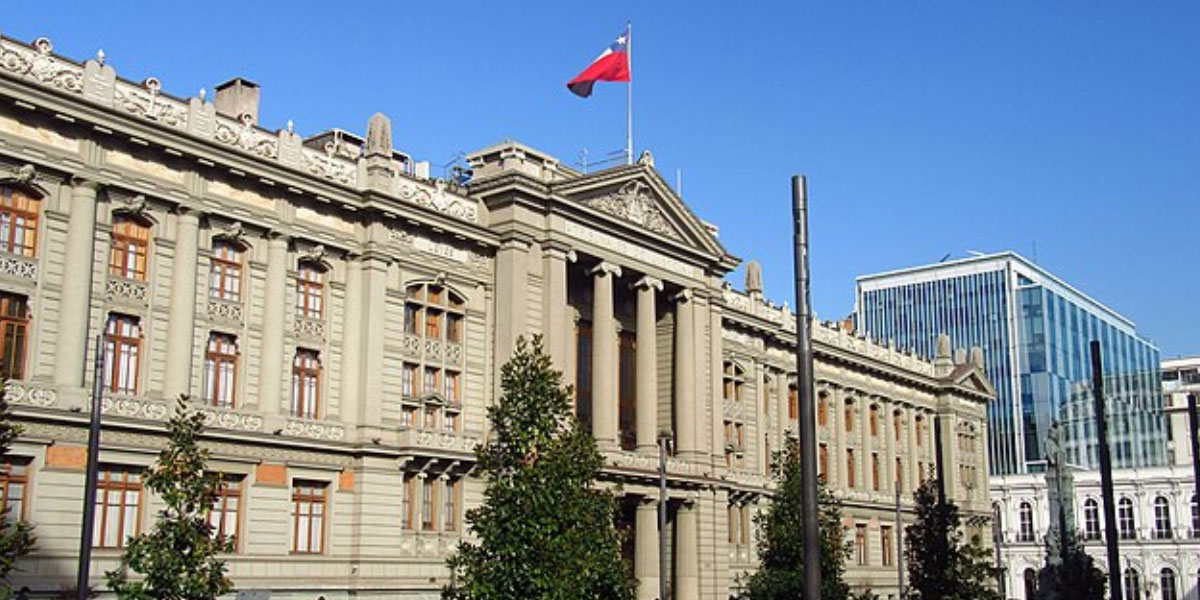On 11 March 2024, the Finance and Expenditure Committee of the New Zealand Parliament released its final report on the Taxation (Annual Rates for 2023-24, Multinational Tax, and Remedial Matters) Bill. This bill includes the provisions for the implementation of the OECD’s Pillar 2 Global Anti-Base Erosion (GloBE) regulations. In the final report, the Committee agreed that the Pillar 2 global minimum tax rules could be enforced with certain modifications from the original proposal, specifically regarding the effective implementation dates. The Committee proposed amendments to the bill that mention deferring the income inclusion rule (IRR) and under-taxed profits rule (UTPR) until 1 January 2025. The Committee also supports implementing the domestic income inclusion rule from 1 January 2026.
The main provisions of the report are as follows:
Global anti-base erosion rules
Clause 44 of the bill would insert subpart HP into the Income Tax Act 2007. This subpart would implement the OECD’s global anti-base erosion (GloBE) rules in New Zealand. These rules are intended to prevent a “race to the bottom”, where countries compete to attract mobile income (such as interest, dividends, and royalties) by offering tax incentives and low tax rates. This “race to the bottom” can mean that some large multinational enterprises pay comparatively little tax.
The GloBE rules would apply only to multinational enterprises with consolidated revenue above €750 million in any two of the preceding four years. These entities would have to pay a multinational top-up tax to Inland Revenue, based on:
- An income inclusion rule applies when a New Zealand-based multinational enterprise has under-taxed income in another country;
- A domestic income inclusion rule, applies when a New Zealand-based multinational enterprise has under-taxed income in New Zealand;
- An under-taxed profits rule, which is a back-up rule that would ensure that multinational enterprises based in countries that do not implement the GloBE rules still have to pay top-up tax.
Incorporating GloBE rules by reference
The GloBE rules are set out in documents published by the OECD. The bill proposes to refer to these documents rather than replicating their entire content in legislation.
We acknowledge that some submitters oppose incorporating the GloBE rules by reference. They were concerned about the potential for undermining New Zealand’s autonomy, not being able to easily access the rules, and not being aware of changes to the rules.
On balance, we accept that incorporating GloBE rules by reference is preferable to replicating them in legislation. The documents that set out the GloBE rules and their application are lengthy. Reproducing this content in legislation would require substantial resources, might give rise to inadvertent errors, and risks New Zealand diverging from the rules. We note that New Zealand contributes to setting GloBE rules, and affected businesses generally have input into the agreed administrative guidance.
We agree with submitters that it is vital that entities affected by GloBE rules have the information they need to comply with the law. We urge Inland Revenue to ensure that this occurs.
Clarifying that GloBE rules should apply for a fiscal year
We recommend amending the proposed section HP 3(3) to clarify that the GloBE rules apply for a fiscal year.
Consistency with OECD commentary and guidance
In the unlikely event that the GloBE model rules were inconsistent with the commentary and agreed administrative guidance, the desired policy outcome would be for the latter documents to prevail. Proposed section HP 3(3) says that the GloBE rules would be treated as applying “consistently with” the most recent commentary and agreed administrative guidance. However, this wording might not mean that the commentary and guidance prevailed as desired.
We recommend inserting section HP 3(4), which states, “if there is a conflict between the [GloBE] rules and commentary or guidance … the commentary or guidance prevails.” We also recommend replacing the phrase “consistently with” in proposed section HP 3(3) with “subject to the modifications made by subsection (2), in accordance with”. We recommend deleting the phrase “treated as” to reduce ambiguity.
Application date
In the bill as introduced, the GloBE rules would apply from a date set by Order in Council. However, we understand that many countries have adopted the income inclusion rule from 1 January 2024 and an under-taxed profits regime from 1 January 2025. Therefore, we recommend that the application dates for the GloBE rules be set out in the bill rather than left to Order in Council.
We recommend amending the bill so that the income inclusion rule and under-taxed profits rule apply from 1 January 2025 and that the domestic income inclusion rule applies from 1 January 2026. Having these dates set in legislation would give certainty to affected entities and allow them time to establish systems that ensure they comply with the rules.
Release from joint and several liability
Proposed section HP 1(3) states that constituent entities located in New Zealand are jointly and severally liable for any tax payable under the GloBE rules. We recommend inserting section HP 1(4) to allow for the release of an entity from joint and several liability when it leaves a particular multinational enterprise group.
Foreign tax credit
Submitters suggested that the bill did not make clear whether money paid under a qualified domestic minimum top-up tax (QDMTT) would be included within the meaning of “foreign income tax”. This would make it eligible for a foreign tax credit. We recommend amending clause 48 to make it clear that such a payment would be considered “foreign income tax”, which would be eligible for a foreign tax credit.
Binding rules on the applied GloBE rules
The Commissioner of Inland Revenue can issue binding rulings in respect of the application of tax law. The rulings give taxpayers certainty about how the Commissioner will apply the law.
We believe the Commissioner should be able to issue binding rulings in relation to GloBE rules, including the commentary and agreed administrative guidance. We therefore recommend inserting clause 71D into the bill to amend section 91C of the Tax Administration Act.
Empowering assessment provisions for discretionary penalties
Two discretionary penalties proposed by the bill and two existing penalties do not have provisions empowering Inland Revenue to assess the penalties. We recommend inserting clauses 72C and 72D (to insert new sections 94BB to 94BD into the Tax Administration Act) so there is no doubt that Inland Revenue can assess the penalties if the relevant statutory requirements are met.














